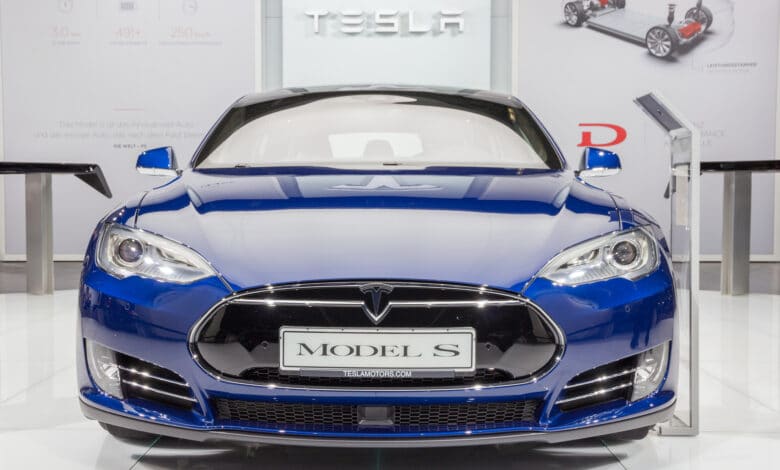
Tesla is undoubtedly a pioneer in the field of electric mobility. The company has also rightly earned this reputation. After all, the U.S. car company is certainly to be credited for having advanced electromobility worldwide. Accordingly, CEO Elon Musk also enjoys growing profits quarter after quarter. Automotive experts, on the other hand, do not seem to be so enthusiastic about the electric cars from the USA. This has now become clear in the context of a test by the TÜV. Here, Tesla’s top model in the form of the Model S had to take a severe beating and settle for last place among the four most popular e-cars.
Electric boom requires test
We have had to wait a long time for the TÜV to finally allow e-cars to be put to the test. In view of the strong growth in registration figures, however, this was more than overdue. The safety experts focused on the currently most popular models. All of the vehicles tested had to pass the upcoming general inspection. In summary, it can be said that the TÜV had a very mixed impression of the quality of the tested vehicles. The TÜV noticed that the differences between the various vehicles were sometimes enormous. In this respect, there were problems with the brakes in particular. After all, these pose a safety risk over time due to drive-related corrosion. He also called on the state to bring into being uniform regulations on charging cables and batteries.
Smart Fortwo Electric Drive is the winner
First place in the ranking published by TÜV was taken by Smart with its Fortwo Electric Drive. The TÜV experts examined a total of 1,645 of the small electric runabout during the general inspection. A total of 3.5 percent of the vehicles had a significant defect. A significant defect is one that costs the vehicle its TÜV sticker. Second place went to a not much bigger car in the form of the BMW i3. The compact e-car from the Bavarian motor works was inspected by TÜV in a unit number of 1,142. The so-called defect rate here was 4.7 percent. The most successful electric car from Bayerische Motorenwerke also revealed the typical problem of electric cars.

Thus, it was mainly the brakes that caused the removal of several badges. To understand this, you need to look a little deeper into how electric cars work. Since we don’t want to presume to do that, we’ll quote the managing director of the TÜV association, Dr. Joachim Bühler, for once in this case:
“Problems with the brake components are typical for e-vehicles, as they are used much less frequently compared to internal combustion vehicles and therefore corrode more often”
.
But why are the brakes used less frequently? This is where the so-called recuperation comes into play, which in e-cars ensures that the battery capacity is kept up as long as possible. This means that the car does not brake as a result of friction from brake discs. Instead, the braking force is fed into the electric motor to supply it with additional energy. But it is in the nature of things that brakes rust if they are not used. This makes it all the more important for drivers of e-cars to remember to actively brake as often as possible. After all, a full battery is no use if the brakes eventually give up the ghost.
Tesla’s top model with 10 percent defect rate
Third place in the table, by the way, goes to the Renault Zoe. This had a rate of 5.7 percent significant defects in 1,939 vehicles examined. The defect rates of the top three sound extraordinarily good if you take a look at fourth place in the list. Here, the Tesla Model S is not only a vehicle that comes in at a significantly higher price than the other three e-cars. On top of that, it seems to be much more susceptible to defects. A whopping 10.7 percent of the 812 cars from the U.S. automaker examined had to surrender their badges.
But even if you throw the classic internal combustion and hybrid vehicles into the ring alongside the electric cars, the result doesn’t really turn out any better. Tesla’s Model S can basically only hold its own against two other cars. Only the Dacia Logan and the Dacia Duster performed worse. However, since such a comparison would be more than just unfair, this represents an immense defeat for the Model S. But this is not the first time that experts have judged Tesla’s electric cars poorly. In the past, the Model 3, Y, X and S were regularly only rated as satisfactory if not just sufficient build quality.
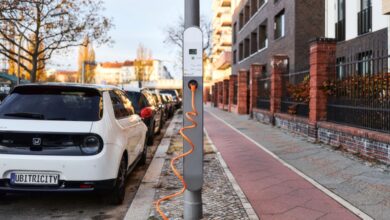
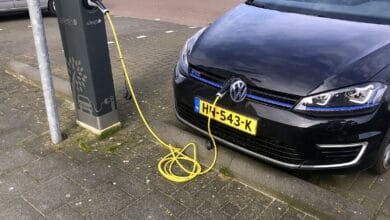
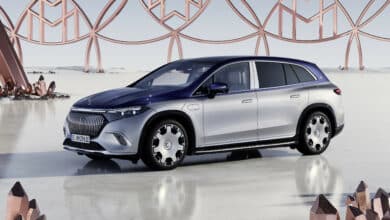
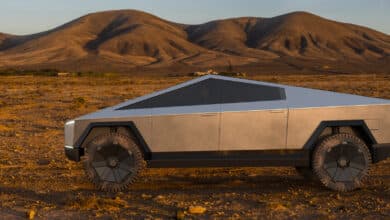
No replies yet
Neue Antworten laden...
Neues Mitglied
Beteilige dich an der Diskussion in der Basic Tutorials Community →